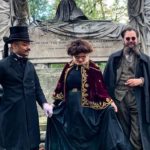
Forget your standard 19th-century dinner parties, where everyone sat around sipping sherry and discussing the weather. If you were lucky enough to snag an invite to Charles Babbage’s Saturday night scientific soirées, you were in for a wild ride through the brainiest and most bizarre conversations that Victorian London had to offer. Picture a mad mix of engineers, poets, inventors, and maybe a magician or two, all crowding into Babbage’s house on Dorset Street in Westminster, ready to debate everything from algebra to automata (while probably getting a little tipsy).
Babbage, our host with the most (complex mechanical calculations), is rightly remembered as the “father of the computer” — though no one actually knew what a computer was back then. He was a man who saw the potential of machines to transform human society long before anyone else could and his vision for mechanical computation laid the groundwork for the digital age. The concepts he developed—programmable machines, stored memory, and automated calculation—are the backbone of modern computing.
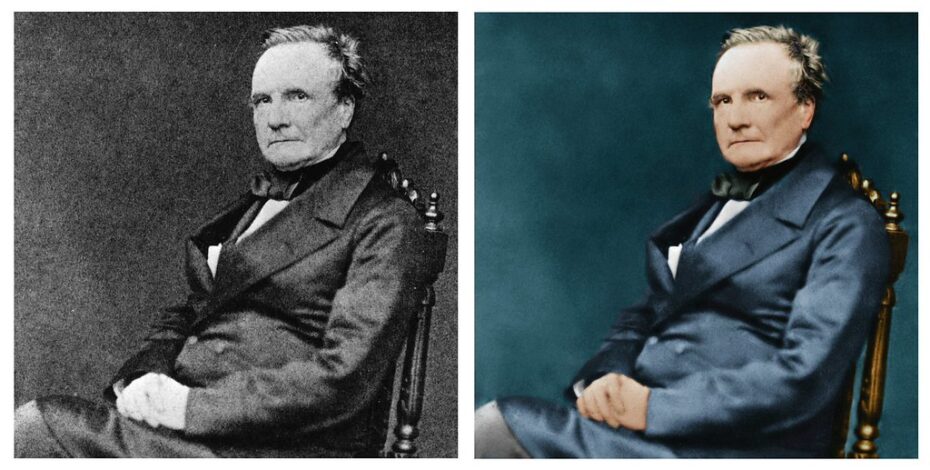
At his infamous Saturday night gatherings which he held in the 1830s and 40s, Babbage would often present his latest ideas and inventions, using the soirées as a platform to engage with other great minds like Michael Faraday, Charles Darwin, Ada Lovelace, and even literary figures like Charles Dickens and George Eliot. These events weren’t just social—they were intellectual incubators where ideas that shaped the modern world were exchanged and debated. soirées were a Victorian version of TED Talks, minus the PowerPoints, with a heavy dose of eccentricity. I thought we could highlight just some of the quirky characters who made Babbage’s gatherings legendary…
Ada Lovelace: The Original Queen of Code
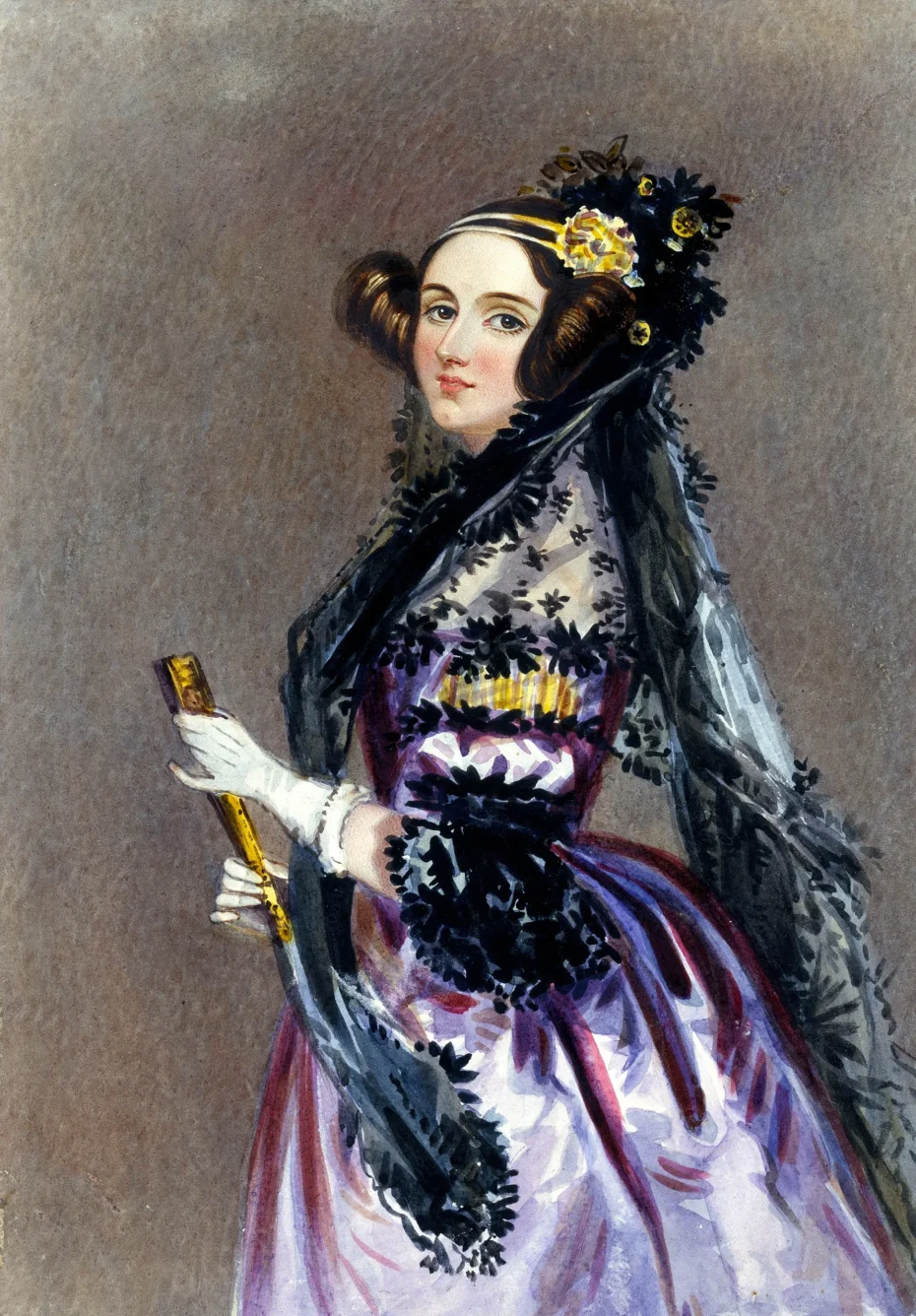
You can’t mention Babbage’s soirées without talking about Ada Lovelace. She wasn’t just any guest — Ada was basically the queen of mathematics. She not only worked with Babbage on his never-quite-finished Analytical Engine but also envisioned that it could do more than just crunch numbers. Lady Lovelace imagined a machine that could compose music, draw pictures, and maybe even predict the weather (if only it weren’t in London). Ada’s sharp wit and even sharper mind made her a star of Babbage’s soirées, where she held her own among the men, probably while wearing some killer Victorian gowns. She was also the only legitimate daughter of the famous poet Lord Byron and knew how to flirt with a scandal or two. Lord Byron, famously mad, bad, and dangerous to know, was involved in more than a few scandals of his own, including well-known affairs, rumored incest, and general chaos. Though Ada was raised by her mother to be the polar opposite of Byron, his controversial legacy undoubtedly followed her around, particularly in society circles that loved a bit of gossip.

Lovelace had a bit of a wild streak, and one of the juiciest chapters in her life involved a rather unhealthy obsession with gambling. After being introduced to the world of horse racing by her husband, Ada’s interest soon spiraled into a full-blown addiction. She wasn’t just a casual gambler, either—she got involved in complex betting schemes, applying her mathematical genius to the betting systems in an effort to “beat the odds.” Even beyond the gambling and romantic whispers, Ada Lovelace was inherently scandalous simply by being a woman operating at such an intellectual level in the Victorian era. Near the end of her life, she had a religious transformation and began to repent the conduct of her life. After confessing something to her husband 3 months before her death, he abandoned her bedside. It is not known what she told him.
Isambard Kingdom Brunel: The Big Dreamer with a Bigger Hat

It’s no surprise that one of the greatest engineers of the 19th century would pop up at Babbage’s parties. Isambard Kingdom Brunel, with his iconic stovepipe hat and larger-than-life personality, was all about pushing the limits of what was possible — whether it was building massive bridges or railways that seemed to defy gravity. You can bet Babbage and Brunel spent hours nerding out over mechanical designs while everyone else in the room pretended to understand. But Brunel’s larger-than-life ideas matched Babbage’s own, and the two of them were probably the loudest voices in any conversation about steam engines or, you know, the future of human progress.
Harriet Martineau: The Fierce Feminist with a Pen
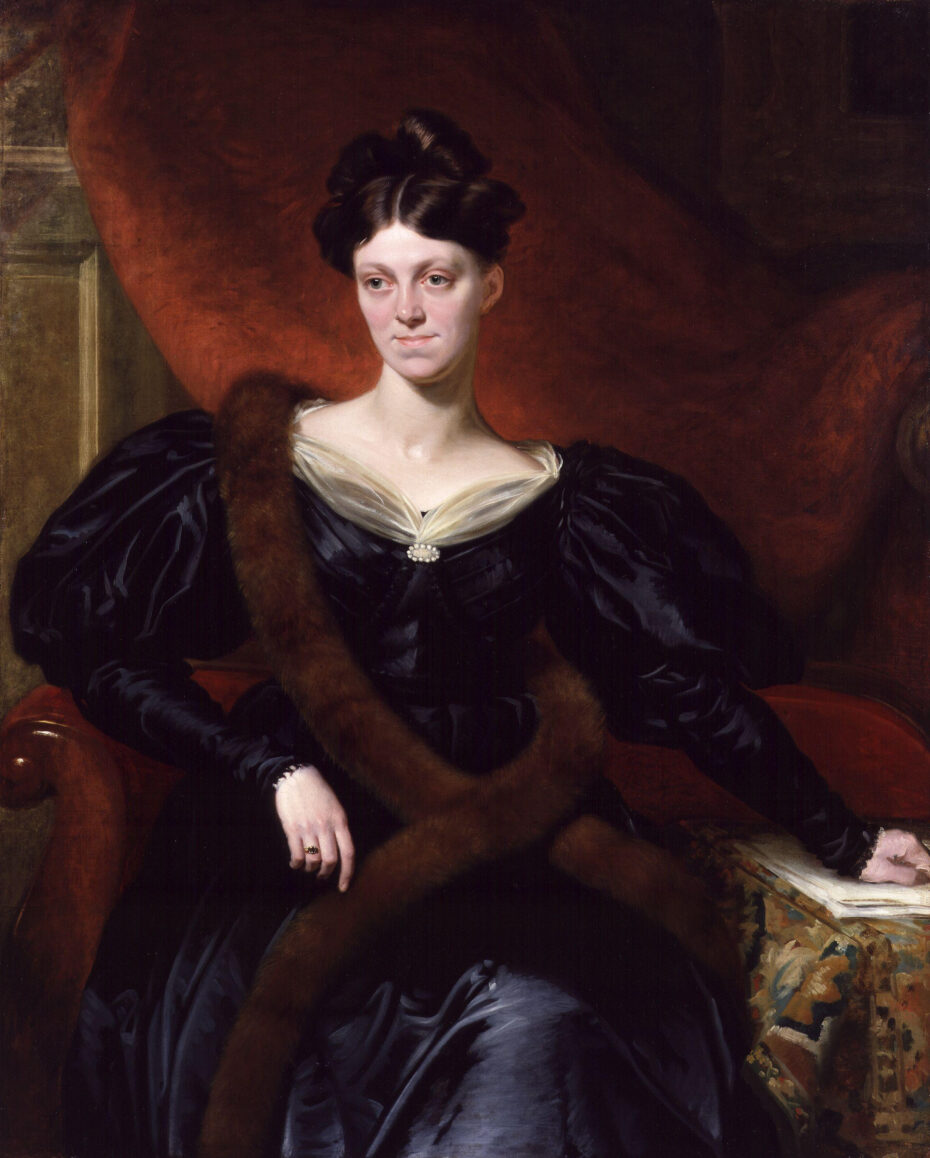
Enter Harriet Martineau, a force of nature in a bonnet. Not only was she one of the first female sociologists, but she was also a fierce advocate for women’s rights, abolition, and economic reform. Known for her razor-sharp essays and no-nonsense attitude, Martineau’s presence at Babbage’s soirées was a testament to how forward-thinking these gatherings were. She was fearless in her critiques of social injustice, and you can bet she wasn’t shy about voicing her opinions on everything from political economy to the treatment of women in Victorian society. While the men debated machines and evolution, Harriet was probably challenging them all to rethink the very structures of society. She was the feminist firebrand the soirées needed to keep things lively and, let’s be real, probably kept a few egos in check.
Theophilus Carter: The Real-Life Mad Hatter

Now here’s a guest who really brought the weird: Theophilus Carter, inventor of such wonderfully bizarre contraptions as the “alarm clock bed” — a bed that literally threw you out when it was time to wake up. It’s no wonder Lewis Carroll allegedly based his Mad Hatter character on Carter; the man was as eccentric as they come. Carter was an English furniture dealer and inventor, but it wasn’t just his furniture that got people talking—it was his bizarre, almost whimsical approach to invention. At Babbage’s soirée, Carter’s oddball inventions and quirky personality probably provided comic relief when the mathematical debates got too intense. He was, in many ways, an embodiment of the Victorian fascination with invention, progress, and the sometimes comical pursuit of “modernity.”
George Eliot: The Incognito Intellectual
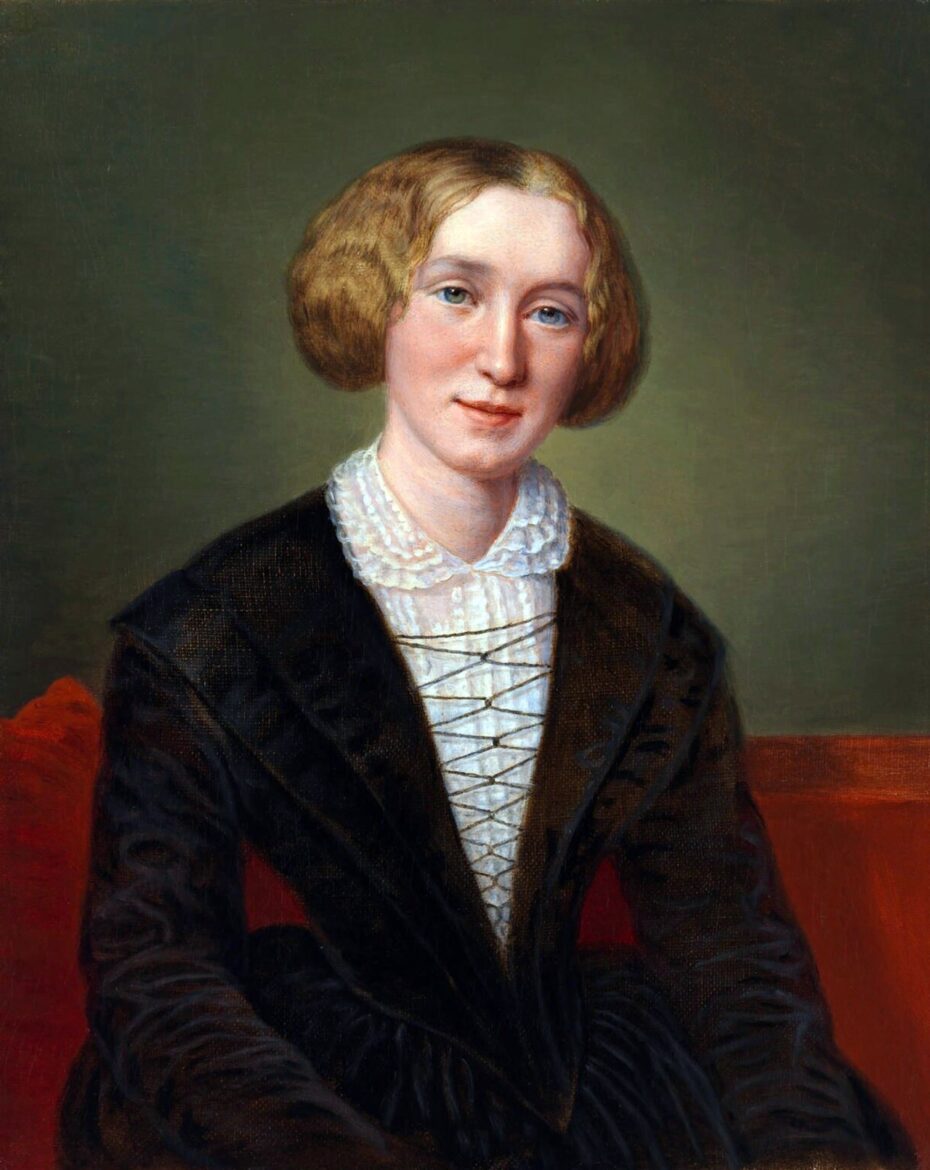
George Eliot — aka Mary Ann Evans, the novelist who blew everyone’s minds with her groundbreaking social novels — was another powerhouse of intellect at Babbage’s soirées. At a time when women writers had to adopt male pseudonyms to get any respect, Eliot was busy dissecting the human condition and making Victorian readers question everything they thought they knew. She was a frequent guest at Babbage’s soirées, where her keen mind fit right in with the men of science, philosophy, and invention.
Charles Dickens: The Life of the (Literary) Party
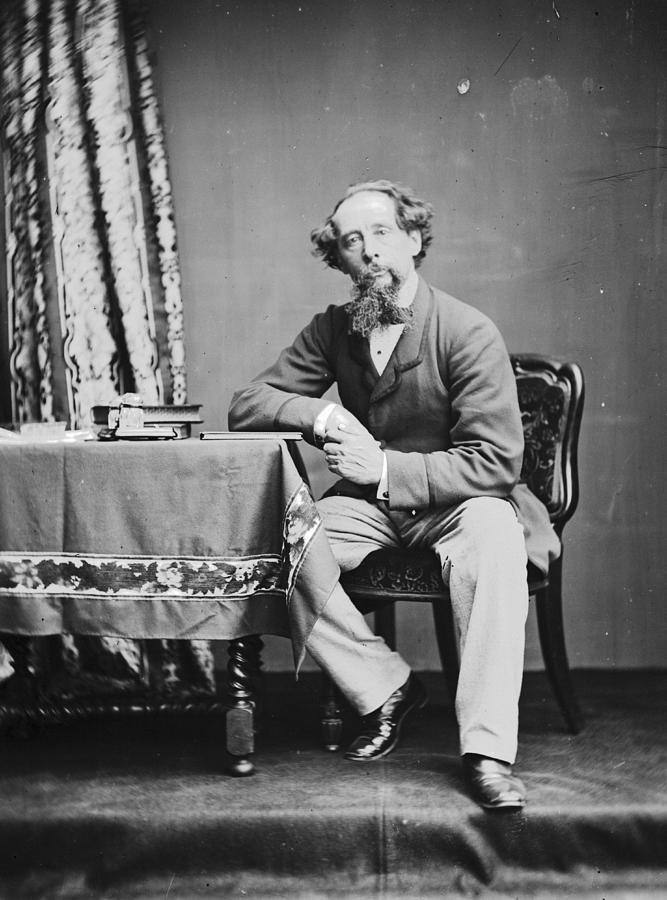
The king of Victorian fiction, Dickens had a social justice streak a mile wide and a flair for theatricality. Babbage probably loved having Dickens around; after all, who else could bring the same mix of wit, drama, and moral outrage? You can picture him at Babbage’s place, waving his hands dramatically while railing against the plight of London’s poor — because even in a room full of engineers and mathematicians, Dickens was going to make sure you knew about the latest scandal in the workhouses.
Charles & Emma Darwin: Evolutionary Theorist and Awkward Party-Goer
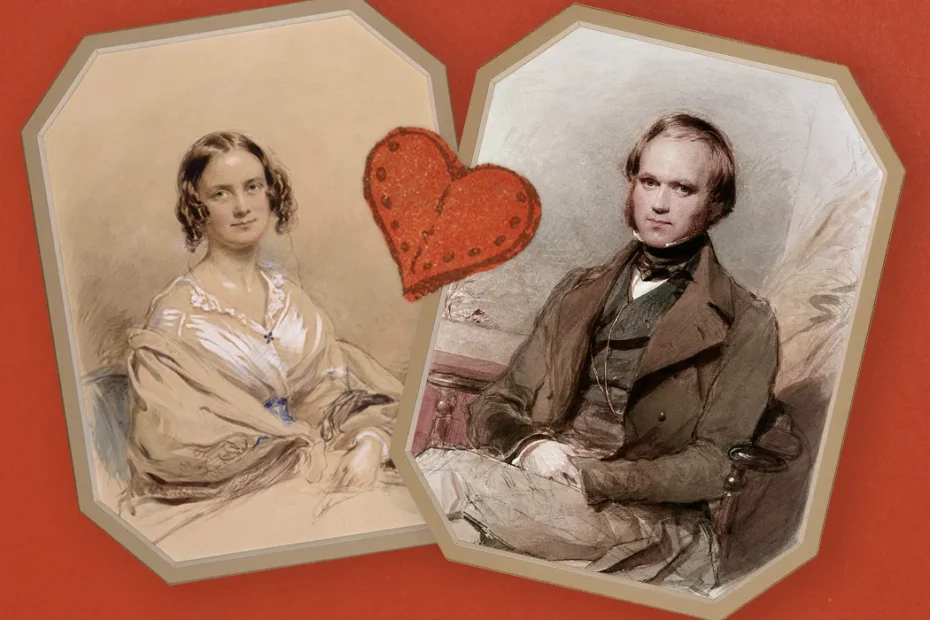
The man who made the world rethink its place in the universe — was a more reserved type of guests. Darwin probably sat in a corner of Babbage’s soirée, politely sipping his drink while listening to heated debates, all the while thinking about how natural selection might apply to party conversation. When he did speak up, though, you can imagine the whole room going silent to hear him drop some serious science about the survival of the fittest. Behind Charles Darwin’s quiet exterior was his wife, Emma Darwin, a frequent guest at Babbage’s soirées and a sharp conversationalist in her own right. Emma was a steadying influence on Darwin, and she had the intellectual chops to match the company she kept. She was deeply involved in her husband’s scientific work, proofreading his manuscripts and offering her own insights (often playing devil’s advocate to his theories).
Michael Faraday: The Coolest Scientist in the Room
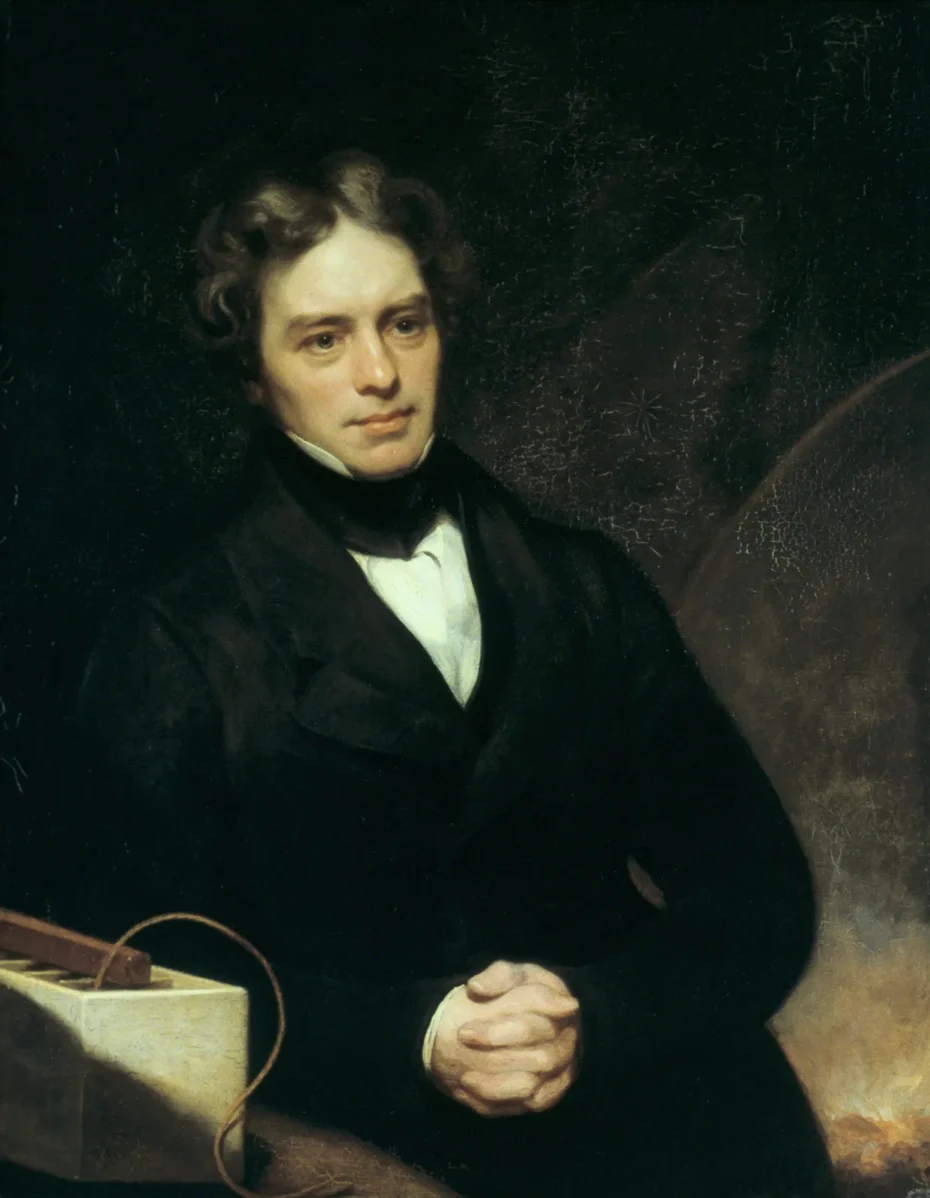
Faraday was the rock star of 19th-century science. He pretty much figured out how electricity works, which is kind of a big deal. At Babbage’s soirées, Faraday’s down-to-earth nature made him a beloved guest, even though his scientific achievements were anything but ordinary. His life was a classic “rags-to-riches” story of intellectual achievement, and his work laid the foundation for much of the modern technological world we live in today. Without Faraday’s work on electromagnetic induction, we wouldn’t have the power plants and electrical grids that keep our lights on today. He also created the first-ever electric motor, a device that converted electrical energy into mechanical motion. This invention would later evolve into the engines that drive everything from cars to industrial machines. No biggie. Unlike many of the academic elites of his day, Faraday didn’t care for titles, prestige, or material wealth. He refused a knighthood and twice declined the presidency of the Royal Society, preferring to be known simply as “Mr. Faraday.” In the intellectually charged atmosphere of Charles Babbage’s Saturday night soirées, Faraday was a unique presence. While Babbage and many of his guests were known for their sometimes heated debates and larger-than-life personalities, Faraday brought a calm, focused energy. He was both a participant in high-level scientific discussions and someone who could explain difficult concepts to anyone in the room. While others talked in abstract terms, Faraday was always experimenting, always demonstrating, always moving forward with his quiet genius.
As if brilliant scientists and authors weren’t enough, Babbage occasionally spiced things up with performers—because what’s a party without a little magic or ventriloquism? The soirées sometimes featured musicians and magicians who wowed the crowd with mechanical toys and automata, or downright bizarre tricks. At Babbage’s soirées, the future was dreamed up by some of the greatest minds of the era. From Ada Lovelace, the world’s first programmer to Darwin, the man who shaped modern biology, the guest list was a spectacular mix of science, literature, and pure quirkiness. Ideas collided, debates raged, and occasionally, thanks to Theophilus’ Carter’s crazy inventions, someone might get thrown out of bed.



